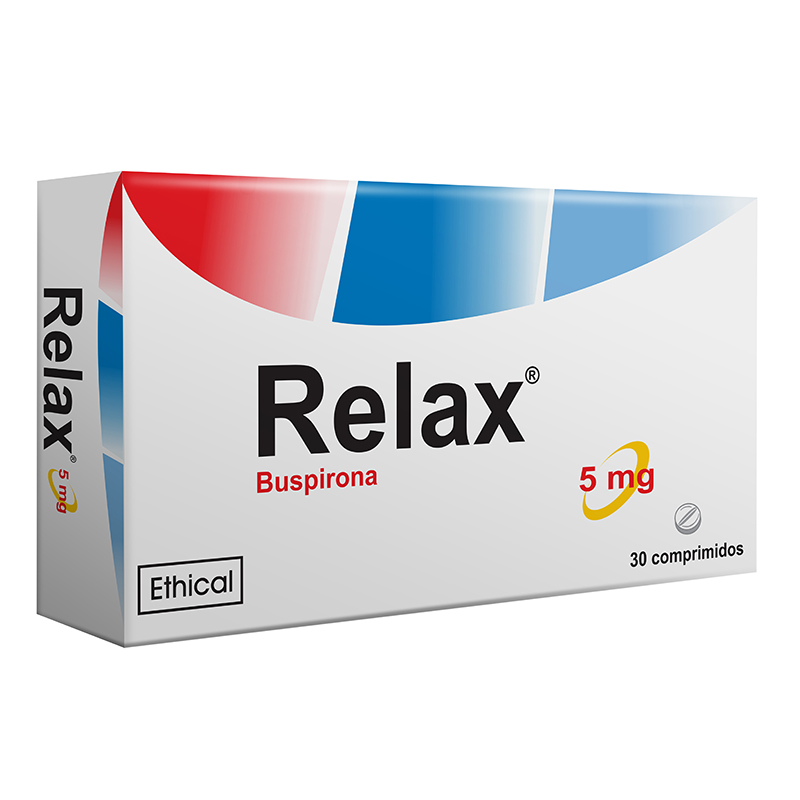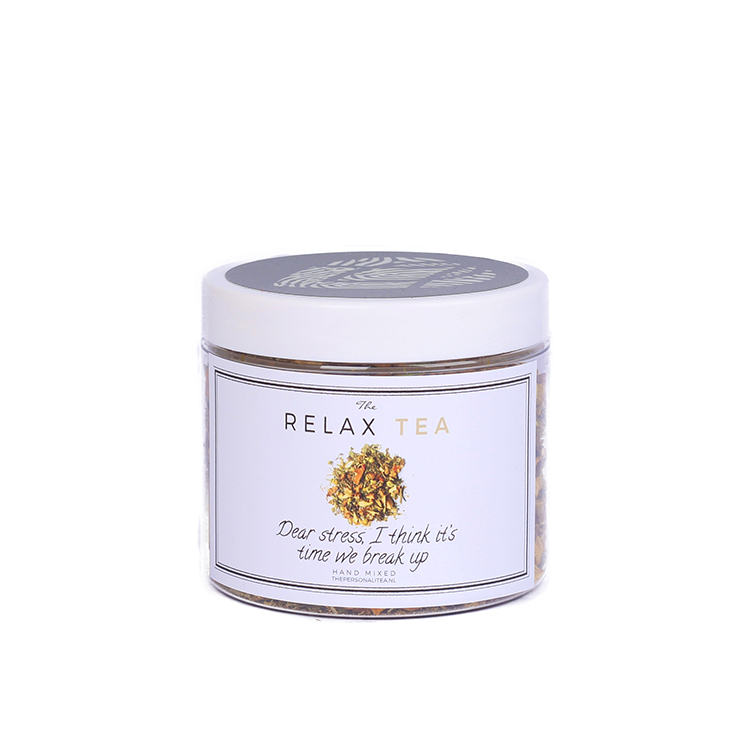

But as most of us don’t, at least not on a daily basis, sticking to the evening ‘cuppa’ may be very effective. So, if you had the time to take a warm bath and then relax with a hot cup of sleepytime tea? That might be the best pre-bed ritual of all. A drop in body temperature signals to the brain that it’s time for bed, much as the drop in body temperature after a warm bath does. It’s almost, some experts say, like taking a lukewarm bath before bed, but a bath for your brain.Įven though the tea – or the bath water – is warm it actually eventually cools you down. Do Herbal Bedtime Teas Actually Work?Įven the act of drinking tea at bedtime – the actual ingredients aside for a moment – is something many people find to be calming and relaxing, and therefore an aid to them getting a better night’s sleep.

Some are said to help calm stress and anxiety -both of which are big contributing factors to insomnia for many people – while others help reduce the heart rate and some can even help combat high blood pressure, things also sometimes a factor in insomnia.

The herbs commonly used in bedtime tea recipes have more than a mild sedative effect though. Some of the teas considered best for sleep are actually forerunners of modern sleeping pills and sleeping aids, just usually a lot cheaper and easier to ‘take’, which are great reasons in themselves to give a cup of tea at bedtime a try.
#BETTER TO RELAX TEA OR BEER BEFORE BED FREE#
Less than coffee, but probably enough to keep many people awake.īedtime teas are free of caffeine and are usually completely herbal in nature. Standard caffeinated black or green tea will NOT help you sleep, as well, it contains caffeine. They are known as bedtime teas, or ‘sleepytime’ teas and they can, fans of these teas say, help relax and calm you at bedtime and some even say helps combat insomnia.īut do they really work? Or do they just taste good and is the sleepy effect a placebo? That’s what we are going to take a look at here, as well as at some of the best teas you can try for yourself to (maybe) help you get a better night’s sleep. There is another ‘class’ of teas though that, aside from being absolutely delicious in most cases, serve a different purpose. Caffeinated tea offers a similar boost in alertness in the morning but with not quite as much caffeine, so you can safely enjoy it later in the day without risking your sleep, whereas experts say that you shouldn’t drink coffee after 2pm if you don’t want to keep yourself awake unnecessarily. There are some great reasons to drink more tea, especially versus coffee. Did you realize that tea is the most popular beverage choice in the world that is not just plain water? Even in the US it’s more popular than you might guess, with 80% of adults reporting that they drink tea at least occasionally and 50% indulge in a cup of tea on a daily basis.


 0 kommentar(er)
0 kommentar(er)
